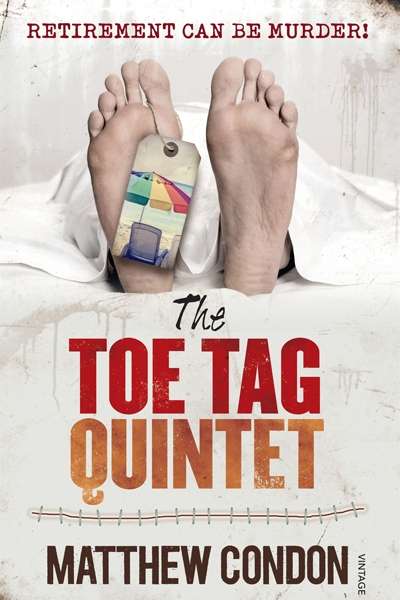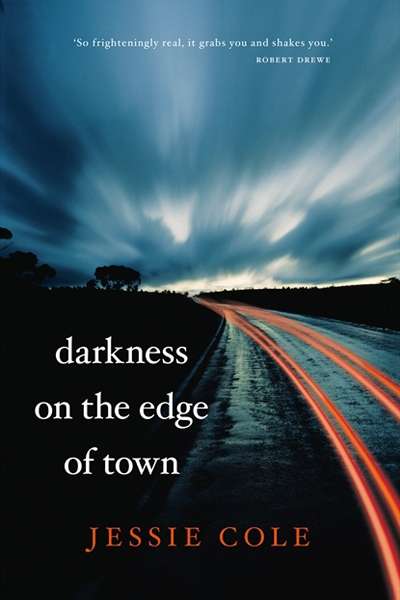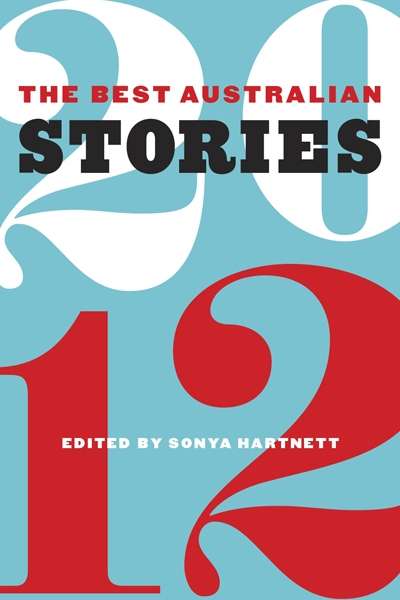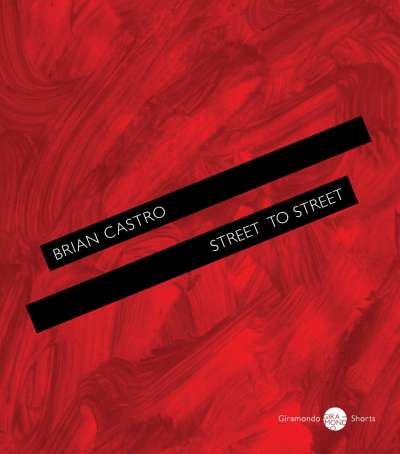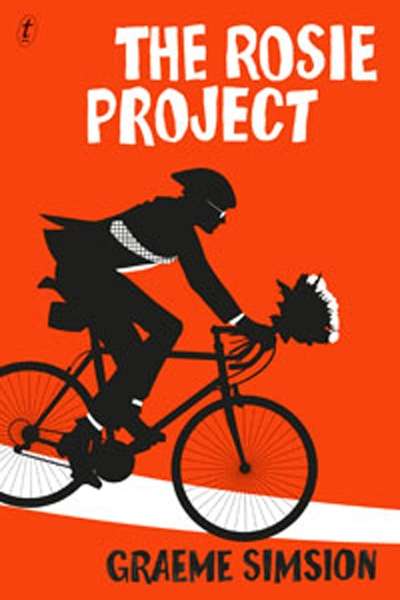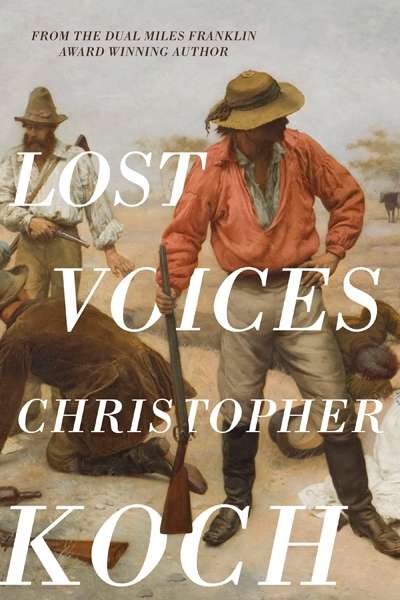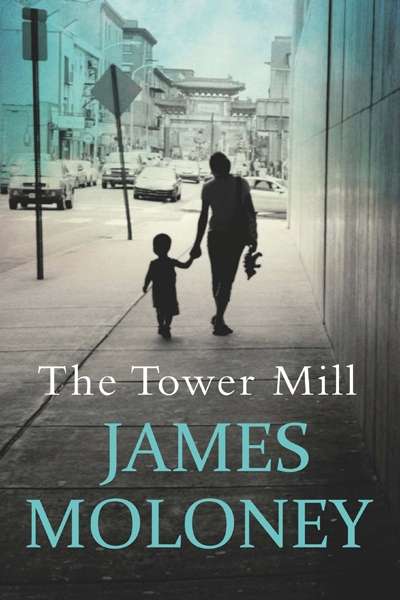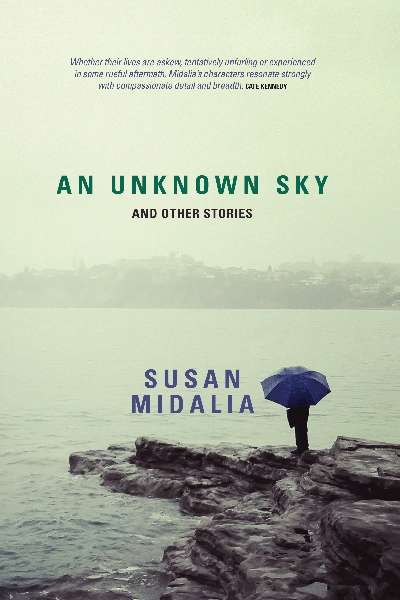Fiction
The Toe Tag Quintet: Five Novellas of Murder and Mayhem by Matthew Condon
Matthew Condon is a writer who confounds expectations. He followed his prize-winning epic novel The Trout Opera (2007) with Brisbane (2010), a meditative exploration of the city’s rich history. In The Toe Tag Quintet, he turns his hand to crime. This is not a novel but a series of novellas about a detective’s exploits following his retirement to the Gold Coast. The stories are consecutive but distinct, a mosaic structure not unlike the one Condon used to great effect in his début collection, The Motorcycle Cafe (1988).
... (read more)Great Western Highway: A Love Story (Capital, Volume One, Part Two) by Anthony Macris
As I read the early pages of Anthony Macris’s Great Western Highway, I began to wonder if the whole novel might consist of a single central character walking along a city road (for the record, it doesn’t). I couldn’t decide whether I found such a prospect exciting or deflating. As I continued reading, and as Great Western Highway took flight from Parramatta Road, Sydney, to explore such weighty matters as capitalism, the First Gulf War, and Margaret Thatcher’s legacy, again and again the story captured but then lost my interest.
... (read more)‘I don’t mind all the broken things – sometimes I shift a chair outside when I think the house is overflowing, or when I can’t get to the kitchen cupboard or something – it’s the people that bother me. My dad collects broken people too.’
... (read more)The greatest hurts you can endure or inflict on another are often in connection with siblings. The expectation of intimacy and potential for damage is obviously amplified when dealing with twins. As the father of two-year-old twin boys, I read this book with some trepidation.
... (read more)The Best Australian Stories 2012 edited by Sonya Hartnett
Sonya Hartnett’s début as editor of The Best Australian Stories is marked by a series of fictions about dysfunctional families, eccentrics, and misfits. The homeless, lonely, disenfranchised, intellectually disabled, sick, afflicted, even the dead, are featured alongside the privileged, rich, and famous in a macabre mardi gras. Readers familiar with Hartnett’s writing will recognise many of her own carnivalesque qualities.
... (read more)At the age of fourteen, Brendan Costa, not Brian Castro, visits a fortune teller. The Witch predicts a fortunate life, though one afflicted by a lack of awareness that may lead to loss of control and possible disaster. Castro is warning the reader to pay attention or lose the plot.
... (read more)In 2013, Asperger’s Syndrome will no longer officially exist – according to the updated Diagnostic and Statistical Manual of Mental Disorders, the American psychiatric manual used as a diagnostic bible around the world. Ironically, just as it begins its slow fade from the cultural landscape, Asperger’s attracts its own romantic comedy. The Rosie Project joins Toni Jordan’s Addition in this fledgling genre – the (screwball) romance of difference. In Bridget Jones’s Diary, the heroine knows that she has found her man when he declares that he likes her ‘just as you are’. Addition, with its obsessive-compulsive counting heroine, expanded the boundary of what that essential, loveable self can encompass; so does The Rosie Project, with its self-described ‘differently wired’ hero, Professor Don Tillman.
... (read more)‘There is another world, but it is in this one.’ That is Paul Éluard, channelled by Patrick White as one of four epigraphs to The Solid Mandala (1966), a ‘doubleman’ of a novel avant la lettre.Other quotations appended to this story of Waldo and Arthur Brown are taken from Meister Eckhart (‘It is not outside, it is inside: wholly within’) and Patrick Anderson (‘… yet still I long / for my twin in the sun …’).
... (read more)A good novel can use personal drama to humanise history. A small story becomes powerful because of the ideas it represents, and the political, removed from the realm of theory and made concrete, has a tangible impact that can foster empathy and understanding. When done poorly, as it is here, the reverse occurs and the large concepts are reduced, lessened into triviality by the hollowness of the tale.
... (read more)An Unknown Sky and Other Stories by Susan Midalia
From the opening page of this her second collection of stories, Susan Midalia propels her uncertain and wavering female character into an alien environment. Enter the concrete world of Moscow airport, its people who think you are simple if you smile at them, its ‘prowling men straight out of gangster movies’, tension as the blank, unblinking woman at immigration ‘held up a rubber stamp for ten, fifteen seconds, and then thumped it down on the passport. Petra felt her legs untighten.
... (read more)

